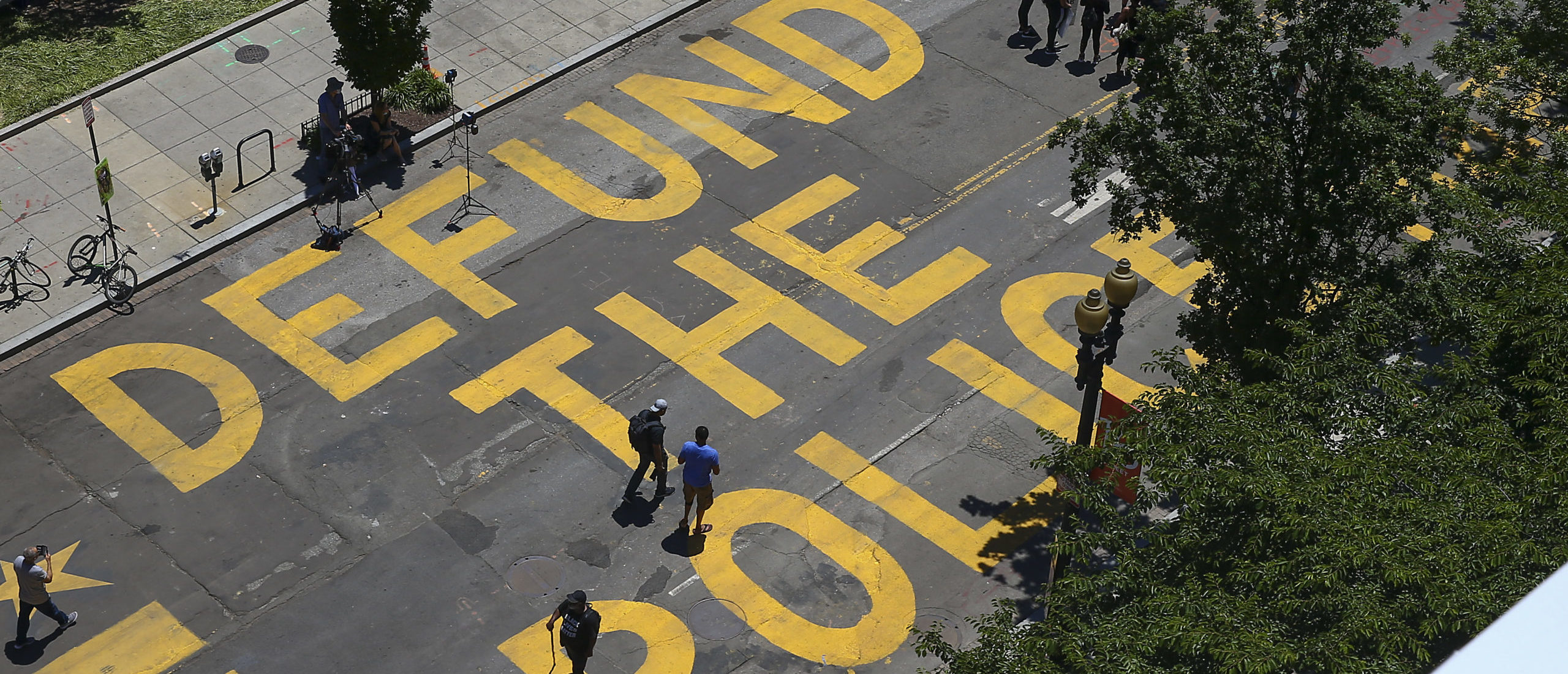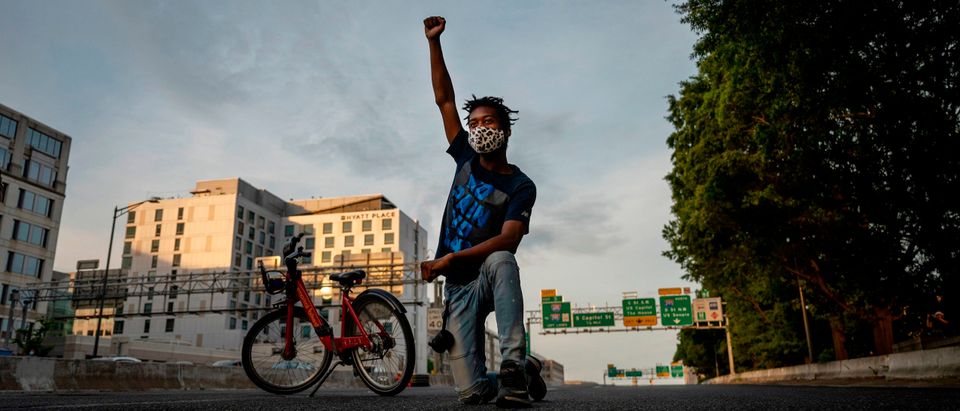Washington, D.C. Attorney General Karl Racine offered to seal arrest records of more than 200 people arrested for violating curfew during protests in the wake of George Floyd’s murder, The Washington Post reported.
Racine announced that he had sent letters to 220 protesters who violated the curfew informing them that if they responded to the letter, his office would act to seal the arrest record. His office has already announced that they weren’t going to be prosecuted for the charges, however.
“We declined to prosecute the vast majority of protesters who were arrested in early June 2020 for violating the Mayor’s curfew order while peacefully protesting in the District,” Abbie McDonough, Racine’s communications director, told Fox News Baltimore. “OAG is also proactively offering to file motions on behalf of eligible individuals and ask a judge to seal their arrest records to help make the process easier for those individuals and reduce hurdles to have their arrest records sealed.”

WASHINGTON, DC – JUNE 08: People walk down 16th street after “Defund The Police” was painted on the street near the White House on June 08, 2020 in Washington, DC. After days of protests in DC over the death of George Floyd, DC Mayor Muriel Bowser has renamed that section of 16th street “Black Lives Matter Plaza”. (Photo by Tasos Katopodis/Getty Images)
D.C. saw months of protests and riots in the wake of Floyd’s death in early 2020 that lasted throughout the summer and into the fall. While most protests remained largely peaceful, hundreds of rioters remained on the streets after peaceful protesters left, setting fires to private property, smashing windows and looting. (RELATED: Protests Widely Peaceful In Black Lives Matter Plaza, Limited Police Presence)
D.C. police, the National Guard and the Secret Service erected miles of fencing throughout the capital city at the height of protests in the summer of 2020, fencing that was later strengthened even further after the pro-Trump storming of the U.S. Capitol on January 6.
The series of violent protests and riots from Black Lives Matter and supporters of former President Donald Trump led U.S. Capitol Police to push for permanent fencing around the U.S. Capitol, a deeply unpopular prospect among both lawmakers and city officials.
In a new stmt from Capitol Police Acting Chief Pittman, she calls for “permanent fencing (around the Capitol), and the availability of ready, back-up forces in close proximity to the Capitol.”
Lawmakers have been trying avoid having that fencing be permanent in years past –> pic.twitter.com/DLdkeg3CGT
— Frank Thorp V (@frankthorp) January 28, 2021


